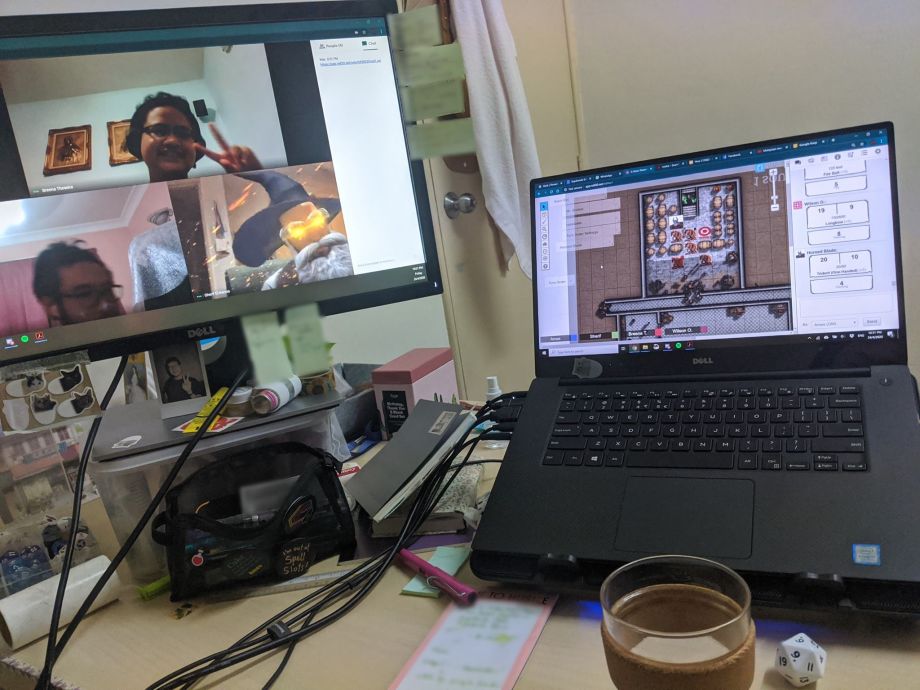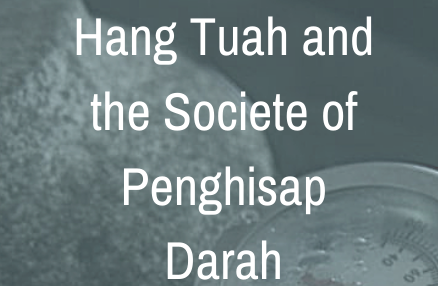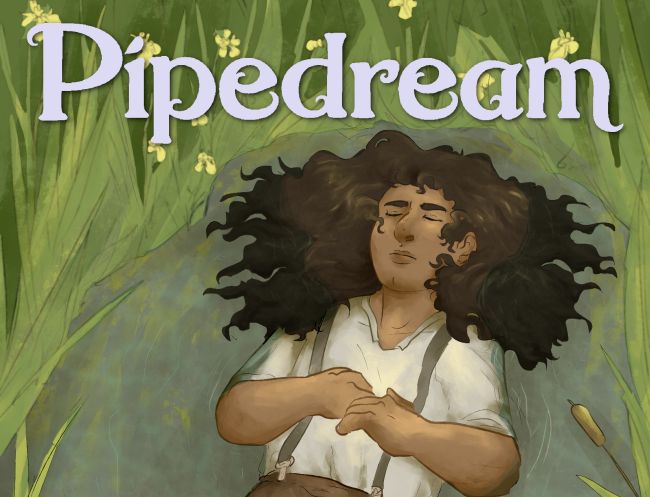Following up on recent discussions on social media, WotC has made an official announcement about diversity and the treatment of ‘race’ in D&D. Notably, the word ‘race’ is not used; in its place are the words ‘people’ and 'folk'.

Dungeons & Dragons teaches that diversity is strength, for only a diverse group of adventurers can overcome the many challenges a D&D story presents. In that spirit, making D&D as welcoming and inclusive as possible has moved to the forefront of our priorities over the last six years. We’d like to share with you what we’ve been doing, and what we plan to do in the future to address legacy D&D content that does not reflect who we are today. We recognize that doing this isn’t about getting to a place where we can rest on our laurels but continuing to head in the right direction. We feel that being transparent about it is the best way to let our community help us to continue to calibrate our efforts.
One of the explicit design goals of 5th edition D&D is to depict humanity in all its beautiful diversity by depicting characters who represent an array of ethnicities, gender identities, sexual orientations, and beliefs. We want everyone to feel at home around the game table and to see positive reflections of themselves within our products. “Human” in D&D means everyone, not just fantasy versions of northern Europeans, and the D&D community is now more diverse than it’s ever been.
Throughout the 50-year history of D&D, some of the peoples in the game—orcs and drow being two of the prime examples—have been characterized as monstrous and evil, using descriptions that are painfully reminiscent of how real-world ethnic groups have been and continue to be denigrated. That’s just not right, and it’s not something we believe in. Despite our conscious efforts to the contrary, we have allowed some of those old descriptions to reappear in the game. We recognize that to live our values, we have to do an even better job in handling these issues. If we make mistakes, our priority is to make things right.
Here’s what we’re doing to improve:
This part of our work will never end. We know that every day someone finds the courage to voice their truth, and we’re here to listen. We are eternally grateful for the ongoing dialog with the D&D community, and we look forward to continuing to improve D&D for generations to come.
PRESS RELEASE
Dungeons & Dragons teaches that diversity is strength, for only a diverse group of adventurers can overcome the many challenges a D&D story presents. In that spirit, making D&D as welcoming and inclusive as possible has moved to the forefront of our priorities over the last six years. We’d like to share with you what we’ve been doing, and what we plan to do in the future to address legacy D&D content that does not reflect who we are today. We recognize that doing this isn’t about getting to a place where we can rest on our laurels but continuing to head in the right direction. We feel that being transparent about it is the best way to let our community help us to continue to calibrate our efforts.
One of the explicit design goals of 5th edition D&D is to depict humanity in all its beautiful diversity by depicting characters who represent an array of ethnicities, gender identities, sexual orientations, and beliefs. We want everyone to feel at home around the game table and to see positive reflections of themselves within our products. “Human” in D&D means everyone, not just fantasy versions of northern Europeans, and the D&D community is now more diverse than it’s ever been.
Throughout the 50-year history of D&D, some of the peoples in the game—orcs and drow being two of the prime examples—have been characterized as monstrous and evil, using descriptions that are painfully reminiscent of how real-world ethnic groups have been and continue to be denigrated. That’s just not right, and it’s not something we believe in. Despite our conscious efforts to the contrary, we have allowed some of those old descriptions to reappear in the game. We recognize that to live our values, we have to do an even better job in handling these issues. If we make mistakes, our priority is to make things right.
Here’s what we’re doing to improve:
- We present orcs and drow in a new light in two of our most recent books, Eberron: Rising from the Last War and Explorer's Guide to Wildemount. In those books, orcs and drow are just as morally and culturally complex as other peoples. We will continue that approach in future books, portraying all the peoples of D&D in relatable ways and making it clear that they are as free as humans to decide who they are and what they do.
- When every D&D book is reprinted, we have an opportunity to correct errors that we or the broader D&D community discovered in that book. Each year, we use those opportunities to fix a variety of things, including errors in judgment. In recent reprintings of Tomb of Annihilation and Curse of Strahd, for example, we changed text that was racially insensitive. Those reprints have already been printed and will be available in the months ahead. We will continue this process, reviewing each book as it comes up for a reprint and fixing such errors where they are present.
- Later this year, we will release a product (not yet announced) that offers a way for a player to customize their character’s origin, including the option to change the ability score increases that come from being an elf, a dwarf, or one of D&D's many other playable folk. This option emphasizes that each person in the game is an individual with capabilities all their own.
- Curse of Strahd included a people known as the Vistani and featured the Vistani heroine Ezmerelda. Regrettably, their depiction echoes some stereotypes associated with the Romani people in the real world. To rectify that, we’ve not only made changes to Curse of Strahd, but in two upcoming books, we will also show—working with a Romani consultant—the Vistani in a way that doesn’t rely on reductive tropes.
- We've received valuable insights from sensitivity readers on two of our recent books. We are incorporating sensitivity readers into our creative process, and we will continue to reach out to experts in various fields to help us identify our blind spots.
- We're proactively seeking new, diverse talent to join our staff and our pool of freelance writers and artists. We’ve brought in contributors who reflect the beautiful diversity of the D&D community to work on books coming out in 2021. We're going to invest even more in this approach and add a broad range of new voices to join the chorus of D&D storytelling.
This part of our work will never end. We know that every day someone finds the courage to voice their truth, and we’re here to listen. We are eternally grateful for the ongoing dialog with the D&D community, and we look forward to continuing to improve D&D for generations to come.










